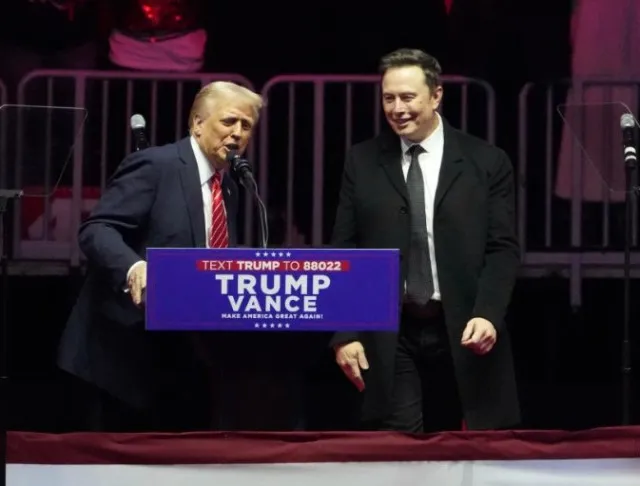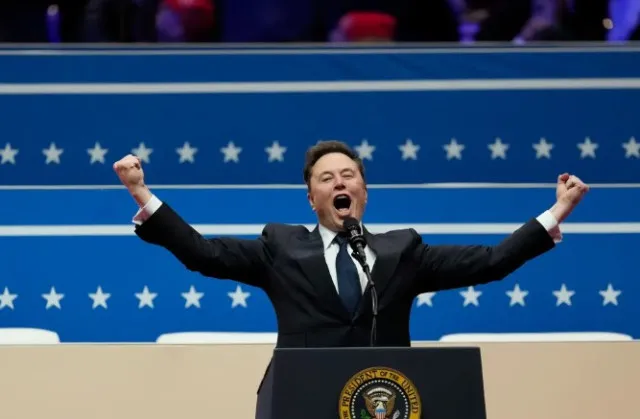Minutes after the inauguration, the Trump administration was sued four times, with all lawsuits involving Elon Musk’s connection to DOGE.
Just after Donald Trump was inaugurated, his administration faced immediate legal challenges.
Within minutes of taking office, at least four lawsuits were filed against the new Department of Government Efficiency, which is often referred to as DOGE.
This department was set up to help cut government spending, and Elon Musk was appointed to lead it.

What is DOGE?
DOGE, which stands for the Department of Government Efficiency, has a name that resembles a popular internet meme featuring a Shiba Inu dog.
This new department aims to find ways to reduce wasteful government spending.
Elon Musk, the CEO of Tesla and SpaceX, was chosen to head this department.
Musk had previously suggested that he could help cut up to $2 trillion from the federal budget.
However, he later adjusted this estimate to about $1 trillion, indicating that ambitious goals often lead to more realistic outcomes.

Lawsuits were filed against DOGE immediately.
Various groups initiated the lawsuits against DOGE almost immediately after Trump’s inauguration.
The National Security Counselors, a law firm, claimed that DOGE should be classified as a federal advisory committee.
This classification would require the department to follow certain legal guidelines to ensure transparency and balanced advice to the government.
Several other organizations, including Public Citizen and Democracy Forward, filed similar lawsuits.
They argued that DOGE would provide advice to the government, which would make it subject to specific rules under the Federal Advisory Committee Act (FACA).

Legal complications have emerged surrounding DOGE.
Adding complexity to the situation, Trump issued an executive order stating that DOGE operates “within” the U.S. government.
This declaration suggests that the department may not need to follow FACA regulations, as it would not be classified as a federal advisory committee.
This legal maneuver could complicate the ongoing lawsuits and make it more difficult for the plaintiffs to succeed.
A fourth lawsuit targets DOGE’s transparency practices.
The fourth lawsuit comes from the Center for Biological Diversity.

This group is not challenging the status of DOGE but is instead seeking public records.
They want to know how DOGE representatives have interacted with the White House since November’s presidential transition.
The role of Elon Musk
Elon Musk’s involvement in DOGE has drawn attention due to his high-profile status and controversial actions.
Musk’s bold statements and innovative ideas often overshadow his work due to his behavior.
On Trump’s inauguration day, he made headlines for a controversial arm gesture.
Despite the controversies, Musk’s ability to influence government spending is significant.

His experience in running large companies gives him insights into efficiency and cost-cutting measures.
However, the lawsuits against DOGE may hinder its effectiveness right from the start.
The federal spending context shows efficiency needs.
For context, the U.S. federal government spent approximately $6.75 trillion between October 2023 and September 2024.
This enormous figure highlights the need for efficiency and effective budgeting in government operations.
Musk’s goal of cutting spending is ambitious, especially given the complexities of federal budgeting.